Indian fashion is not about apparel—it’s about identity, culture, creativity, and heritage. From historic textiles and traditional handlooms to futuristic Indo-western fusion fashions, the landscape of Indian fashion trends is a passionate mosaic of tradition and innovation. With fashion changing constantly around the globe, Indian fashion is asserting itself on the runway, red carpet, and street style.
In this definitive guide, we dive into the most trending Indian fashion styles, discover their roots, current influence, key style shifts, and life-altering benefits of embracing them.
The Foundation: Indian Fashion Evolution
Historical Origins
The ancient Indian dress was largely dictated by geography, culture, and practicality. Wardrobe of the royal courts was defined by silks, cotton, muslin, and rich embroidery. A different look was developed in each region—Benarasi saris from the state of Uttar Pradesh, Chikankari from Lucknow, Bandhani from Gujarat and Rajasthan, and Kanjeevaram silks from Tamil Nadu.
Colonial Influence and Post-Independence Identity
The colonial period saw the introduction of Western suit, blouses, and tailoring in the nation, which blended with local styles. Post-independence, Indian fashion became a means of self-expression and also cultural preservation as designers like Ritu Kumar and Sabyasachi Mukherjee emphasized heritage.
Designers began redefining ethnic clothing for the modern era by initiating a crossover between the East and West in a characteristically Indian manner.
The Bollywood Effect
Perhaps no other influence has been greater on Indian fashion trends than Bollywood. People like Rekha, Sridevi, and later Deepika Padukone, Sonam Kapoor, and Ranveer Singh created new trends about how to be glamorous in Indian attire.
Movies became emotional runways that impacted millions of people. Each release of a Bollywood movie brought a new lehenga silhouette, sari draping, or salwar suit look.
Social Media & the Digital Shift
Now, fashion blogging and Instagram influencers have further changed Indian fashion. What previously took months to become fashionable now takes minutes. Fashion hauls, Reels, and Pinterest boards have leveled the playing ground for sharing Indian fashion trends.
Why Indian Fashion Trends Matter in 2025
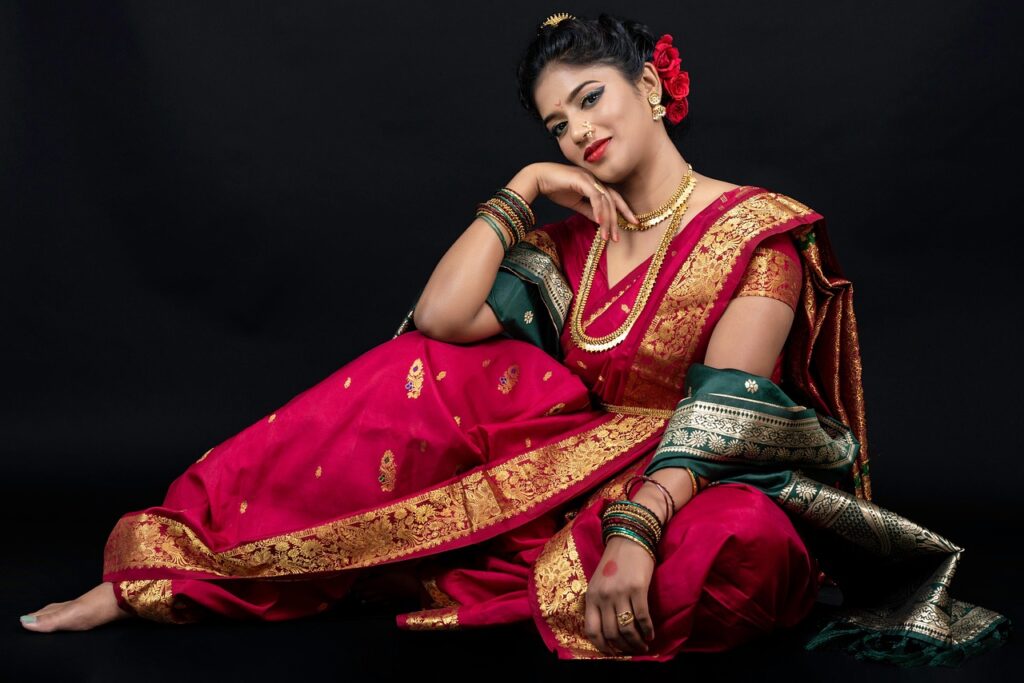
Fashion trends do not just relate to appearance. In the Indian perspective, they are about:
- Preserving Traditional Craft: Indian clothing and hand embroidery are centuries old. Preserving these through trends keeps dying craft alive.
- Promoting Eco-Friendly Fashion: As the globe trends towards ethical fashion, Indian fashion trends that emphasize handlooms and organic fibers promote sustainable fashion.
- Breaking Stereotypes of Gender: Indian fashion is becoming more modern. Brands are offering more gender-fluid collections that break boundaries.
- Encouraging Merging of Cultures: Today’s trend is to mix and match traditional and modern tastes, enabling Indian youth to represent both heritage and global awareness.
- Empowering Indigenous Designers: Designers from smaller Indian cities are gaining prominence, not just the Delhi or Mumbai bigwigs.
10 Popular Indian Fashion Trends to Watch Out for in 2025
Power Sarees with a Twist
Sarees have always been evergreen, but 2025 sees them in new new avatars:
- Ruffle and pre-draped sarees
- Sarees with pants or capes
- Metallic and shine fabrics
- Belted saree styles
Fashion Tip: Teaming a metallic saree with a leather belt and boots creates a show-stopping Indo-western look.
Indo-Western Gowns & Lehengas
Fusion wear is making waves. Gowns with Indian embroidery, lehengas with crop tops, and saree gowns are dominating weddings and celebration outfits.
Why it’s trending: Brides nowadays want tradition without the baggage—literally and fashion-wise.
Hot Picks:
- Cape lehengas with tassels
- Mermaid-cut Indo-western gowns
- Slit-style kurtas with palazzos
Handloom Renaissance
Designers and conscious consumers are seeking:
- Khadi kurtas
- Chanderi dupattas
- Jamdani saris
- Ikat jackets
Style Tip: Opt for a raw silk handloom blouse with a linen sari for an earthy, sophisticated ensemble.
Gender-Fluid Fashion
Androgyny is the way to go. Unisex dhoti pants, large kurtas, bandhgalas, and the same jewelry motifs are trending.
Why it’s influential: It’s all about breaking away from traditional gender roles and embracing inclusivity.
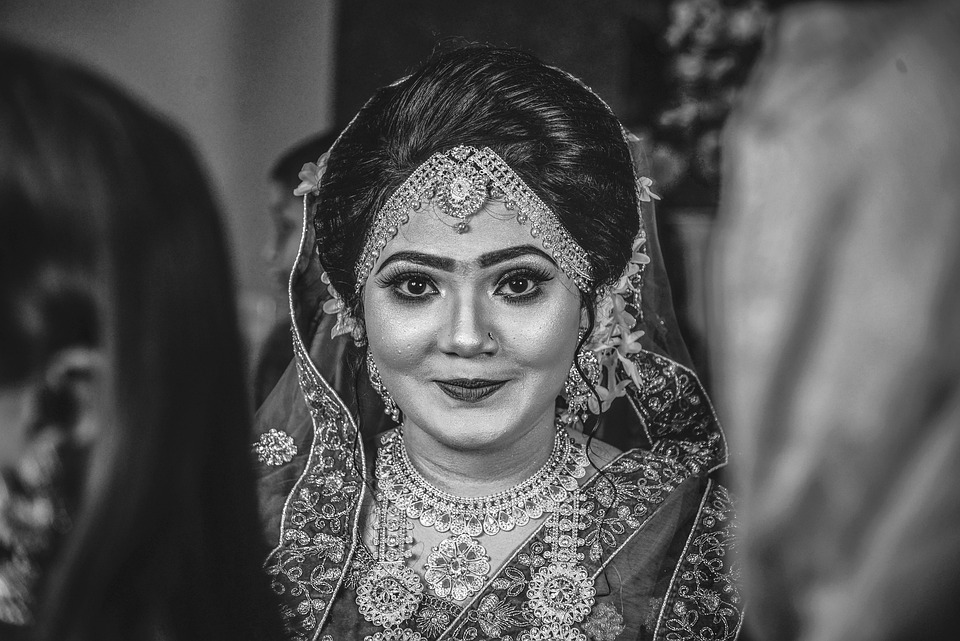
Top Brands Leading the Movement:
- HUEMN
- NorBlack NorWhite
- Bloni
Street Style Mashups
Indian street style is becoming braver:
- Kurta and sneakers
- Lehengas and denim jackets
- Graphic tees and chunky jewelry
Inspirations: Campus influencers and fashion bloggers are leading this fashion change.
Statement Sleeves & Necklines
Designers are experimenting with:
- Puff sleeves
- Bishop sleeves
- High collars and cut-out necklines
Effect: Throws drama into traditional silhouettes.
Where to Wear It: Family brunches, cultural gatherings, college fests.
Upgraded Ethnic Workwear
Indian office wear is becoming fashionable:
- Power suits with bandhgalas
- Linen sarees with formal blouses
- Long kurtas with cigarette pants
Benefit: Combines professionalism with national pride.
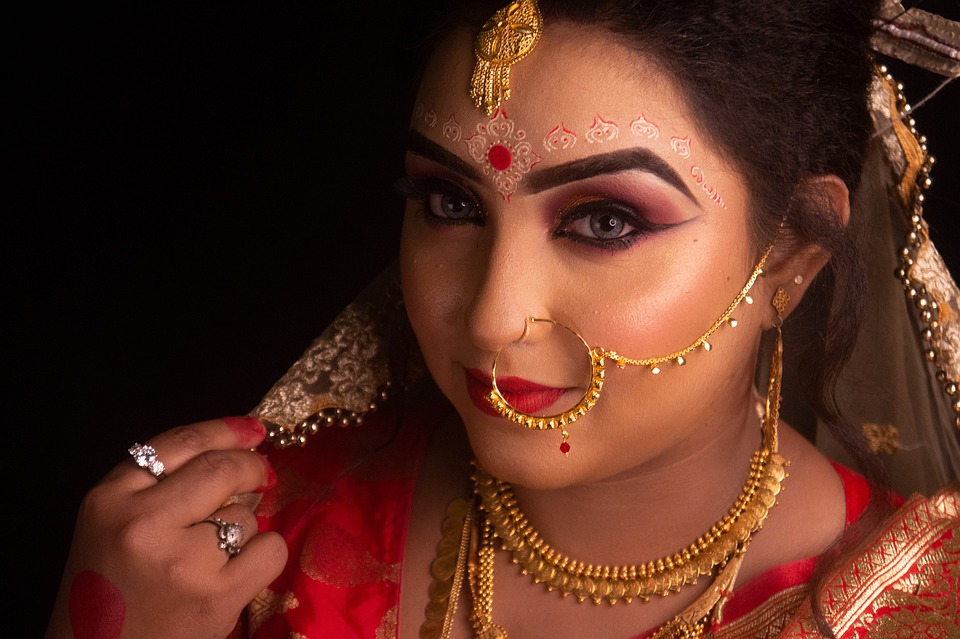
Pro Tip: Layer a blazer over a cotton sari for an ultra-modern office style.
Vintage Print Revival
Traditional prints like:
- Paisleys
- Kalamkari
- Ajrakh
- Sanganeri block prints
These are seeing modern revivals on trench coats, midi dresses, and fusion skirts.
Best Brands for Vintage Revival: Fabindia, Biba, Okhai, Anavila
Festive Metallics and Mirror Work
The bling is back—but refined. Antique gold, champagne silver, and copper-toned embroidery are the order of the season.
Where it shines: Mehendi nights, Diwali festivities, and destination weddings.
Add Ons: Metallic clutches, sequin heels, and stone-studded dupattas.
Elevated Accessory Game
Oversized jhumkas to handmade potli bags, accessories are the new order of the day:
- Statement belts over kurtas
- Embroidered bags
- Layered nose rings
Pro Tip: Even the humble kurta-pajama look can become runway-ready with statement accessories.
Seasonal Indian Fashion Trends
Summer Staples
- Cotton and linen kurtas
- Pastel shararas
- Mulmul saris
- Floral block prints
Tip: Wear light colors and light clothes to remain cool in style.
Monsoon Essentials
- Cropped pants and churidars
- Quick-dry synthetic kurtas
- Waterproof juttis
- Colored rain-friendly accessories
Tip: Avoid floor-length and go for neon colors.
Winter Glory
- Embroidered woolen shawls
- Velvet lehengas
- Layered jackets and trench kurtas
- Brocade blouses and skirts
Tip: Use winter wear to show off royal fabrics and layered designs.
Regional Influences: Indian States’ Fashion
South India
- Kanjeevaram silks
- Temple jewelry
- Gold-toned embroidery
North India
- Phulkari work
- Banarasi saris
- Sharara suits
West India
- Bandhani dupattas
- Mirror work cholis
- Ghagra skirts
East India
- Jamdani saris
- Mekhela Chador from Assam
- Baluchari weaves
Each state adds its own unique spin and depth to the narrative of Indian fashion.
Indian Fashion Goes Green
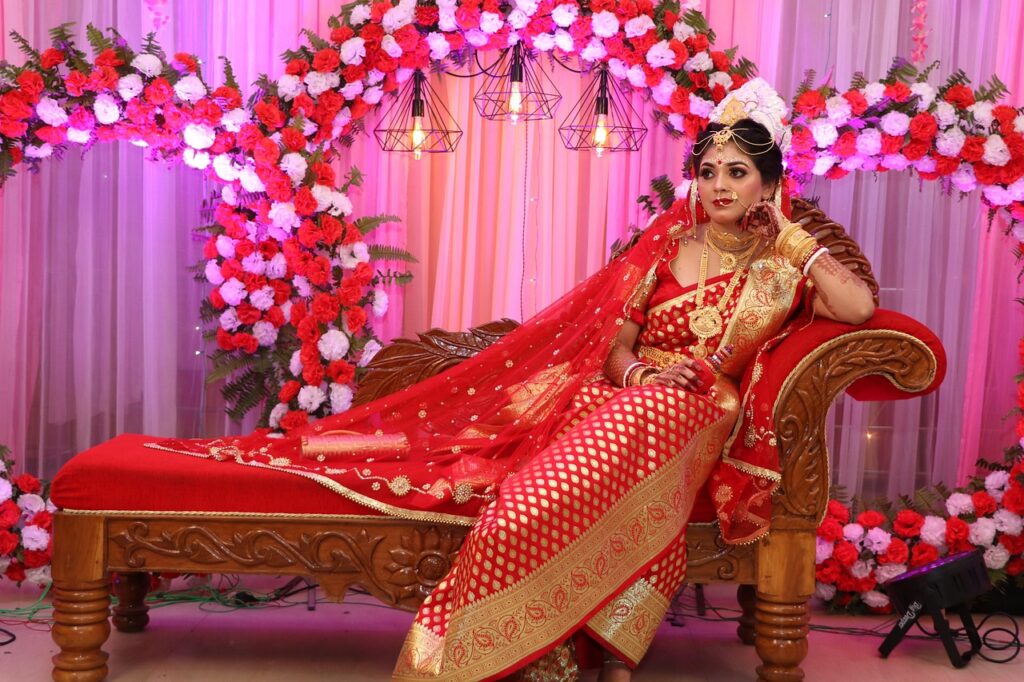
Sustainable fashion designers are using:
- Plant-based dyes
- Recycled fabric
- Ethical production lines
Designers to watch: Anita Dongre, Ka-Sha, 11.11, Raw Mango
Why This Matters
Consumers are becoming aware of the impact of fast fashion. Shopping for Indian eco-fashion helps:
- Local economies
- Eco-friendly practices
- Slow, conscious fashion
Trends Approved by Celebrities
Deepika Padukone
- Saree-gowns
- Ruffled drapes
- Structured blouses
Ranveer Singh
- Printed sherwanis
- Layered street-style desi looks
- Bold color blocking
Alia Bhatt
- Lehengas in minimalist fashion
- Floral hand-embroidery on kurta and lehenga
- Organza dupattas
Ayushmann Khurrana
- Layered kurtas
- Nehru jackets with sneakers
- Streetwear mashups for ethnic wear
Celebrities aren’t merely keeping up with trends—they’re setting them.
Advantages of Following Indian Fashion Trends
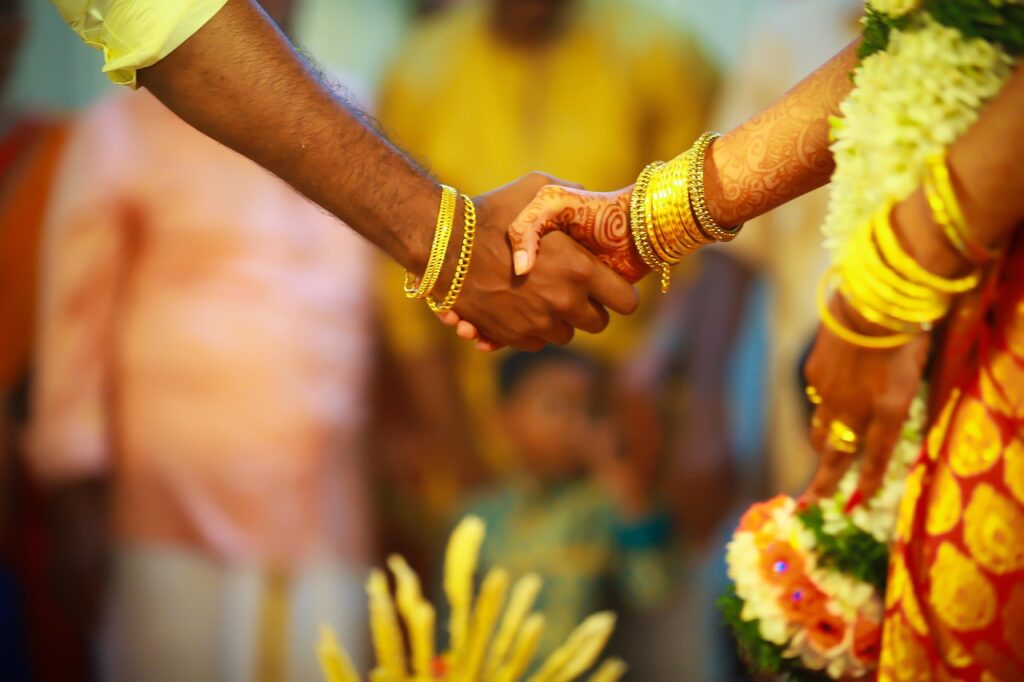
- Cultural Connection – Stay rooted in heritage while learning new fashion.
- Support Local Artisans – Handloom and handicraft revivals help marginalized communities.
- Versatility – Indian fashion is versatile enough to accommodate office, weddings, casual, or red carpet.
- Identity & Empowerment – Dress according to your body, your faith, and your pride.
- Sustainability – Less landfill, more slow fashion.
- Innovation – Indian designers are redefining the boundaries of tradition.
Final Thoughts: Fashion with Purpose
Indian fashion isn’t just about decorated wedding gown or festival wear anymore. It’s a global movement of power dressing, gender neutrality, sustainability, and culture today. Taking on the good (leaving behind the bad) of Indian fashion trends does more than adorn—you’re making a statement.
So go ahead, cinch that saree, strut those Kolhapuris with a denim jacket, and let Indian fashion be your vehicle for self-expression.

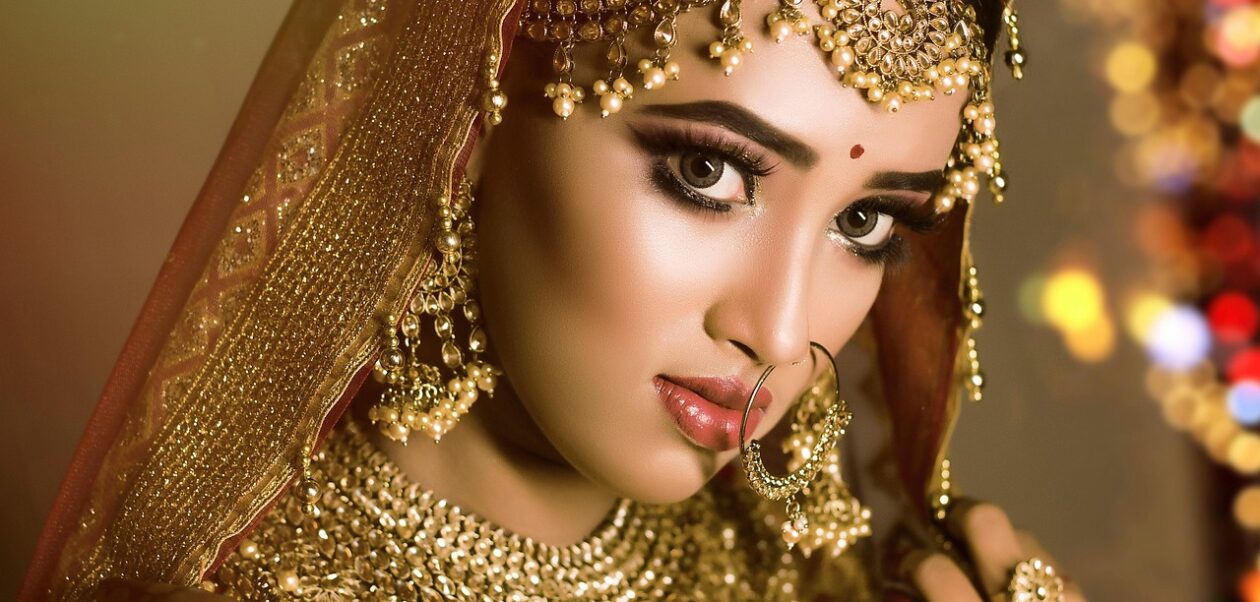

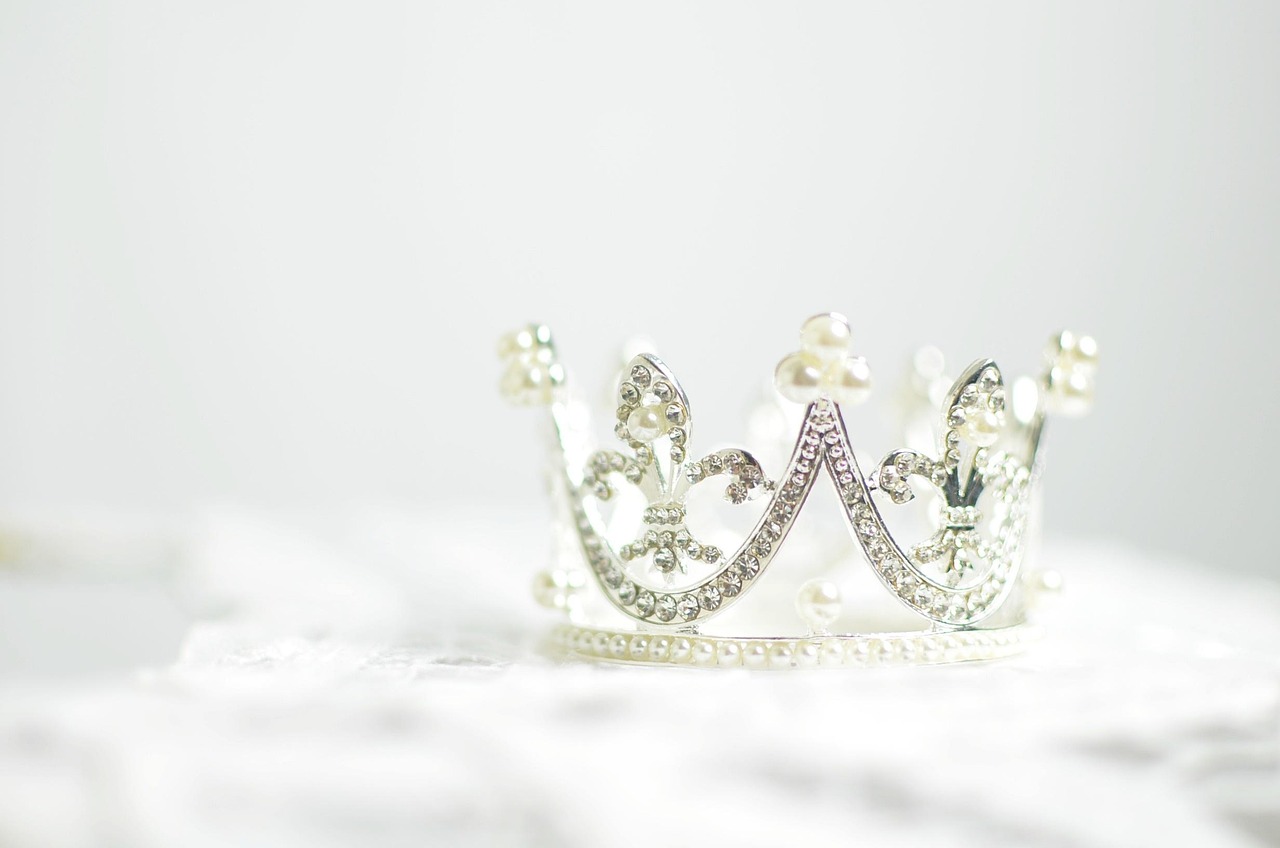

Your article helped me a lot, is there any more related content? Thanks!